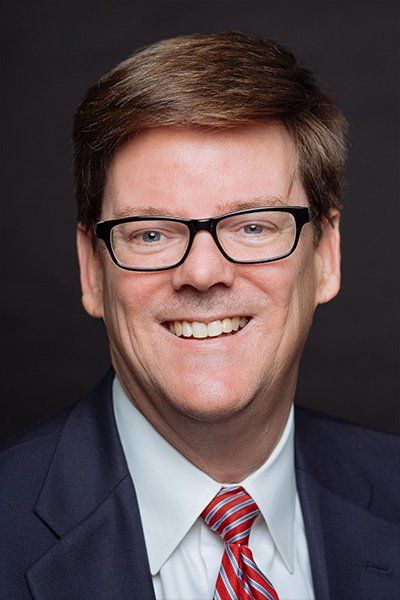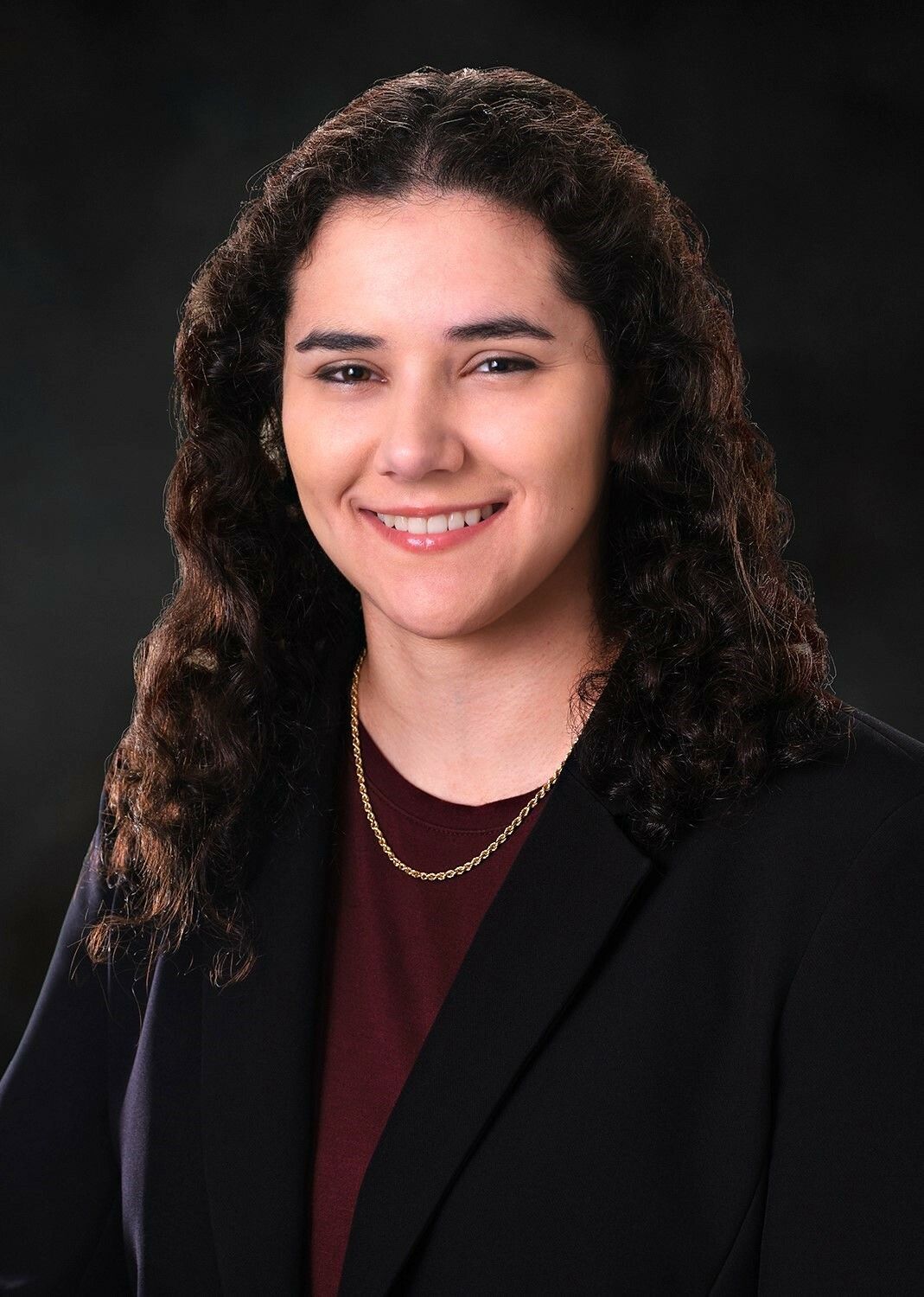TPS Holders Potentially Eligible to Become Permanent Residents
TPS Holders Potentially Eligible to Become Permanent Residents
Two courts of appeals, Ramirez v. Brown, 852 F.3d 954 (9th Cir. 2017), and Flores v. USCIS, 718 F.3d 548 (6th Cir. 2013), have held that a grant of Temporary Protected Status (TPS) may make an individual eligible for adjustment of status. Both courts held, as a matter of statutory interpretation, that Congress intended TPS recipients to be considered “admitted” for purposes of INA § 245(a). Those who enter without inspection—such as the plaintiffs in both cases— generally are ineligible for adjustment under INA § 245(a).2 Pursuant to Ramirez and Flores, however, a grant of TPS status subsequent to the unlawful entry constitutes an inspection and admission, thus satisfying this § 245(a) requirement. The TPS statute, as interpreted in Ramirez and Flores, does not render a recipient eligible to adjust but rather provides only that the individual meets the one threshold requirement for adjustment.
A large number of TPS recipients—though far from all—are able to adjust to lawful permanent residence under these cases. In practical terms, TPS recipients most clearly able to benefit are those:
- who are currently in TPS status;
- who live in either the 6th or 9th district, which includes Tennessee;
- who are “immediate relatives” of U.S. citizens, i.e. children and spouses of U.S. citizens and the parents of U.S. citizens who are 21 or older, INA § 201(b)(2)(A)(1); and
- who would be eligible to adjust to lawful permanent resident status but for having entered without inspection.
The court in Flores found that eligibility for adjustment is created by INA § 244(f)(4), holding that the plain language of the statute indicates that persons granted TPS have satisfied the admission-related requirements in INA § 245(a). INA § 244(f)(4) states that “for purposes of adjustment of status under section 245 and change of status under 248, the alien shall be considered as being in, and maintaining, lawful status as a nonimmigrant.” The court found that this, along with the broad inadmissibility waiver in the TPS statute, creates adjustment eligibility for those with TPS.
The plaintiffs in both cases were married to U.S. citizens and thus were adjusting status on the basis of approved immediate relative visa petitions. As such, the bars to adjustment based on failure to maintain lawful status and unauthorized work were not applicable. Similarly, other TPS recipients who are immediate relatives will most clearly be able to benefit from these decisions. In addition to not facing a bar to adjustment, TPS recipients applying to adjust based upon an approved immediate relative visa petition will always have a visa available to them. See INA § 245(a)(3). Because there are no numerical restrictions on visas in the immediate relative category, see INA § 201(b)(2)(A), a visa is always “immediately available.” Thus, unless such a TPS recipient is inadmissible, he or she would be “otherwise eligible” to adjust and able to benefit from Ramirez or Flores.
For TPS recipients who are not immediate relatives or otherwise exempt from the § 245(c)(2) bar, their unlawful status at entry raises an issue that neither Ramirez nor Flores resolved. It is important to consult an expired immigration attorney regarding these cases.
The bottom line is that if you have a potential green card sponsor, this case could help you avoid having to leave the U.S. in order to receive your green card. Without this decision, many people with TPS had to apply for hardship waivers in order to be eligible for a green card. Now, TPS holders can possibly avoid the costs and separation of leaving the U.S.
If you have TPS and are hoping to use it as a basis to go forward with a green card application without leaving the U.S., talk to an immigration lawyer regardless of which circuit you live in. In the most extreme scenario, you might actually want to move to a different state in order to utilize the local federal circuit’s allowance of adjustment of status by TPS holders, but you’d definitely want to seek legal advice on this first.
GKH attorneys pride themselves on being on the forefront of new immigration developments to best serve clients located around the world. Please call the GKH Immigration Group toll free at 888-463-8117 for more information or representation in your immigration process. We help clients through the internet from around the U.S. and the world.
Brittany Thomas Faith is a member of GKH's Immigration practice group and focuses her practice on immigration including family based immigration petitions, employment based petitions and humanitarian relief. She is committed to providing personalized, cost-effective immigration services for her clients around the world and across the U.S. Ms. Faith is very active in the legal community. She is currently the Vice Chair of American Immigration Lawyers’ Association Midsouth Chapter and Past President of the Chattanooga Bar Association Young Lawyers Division, and the Past President of the South East Tennessee Lawyers Association for Women. She also serves on the boards of La Paz of Chattanooga, the Tennessee Bar Association Young Lawyers Division, and Mid-South Immigration Advocates. She is also a member of the Foreign Ministry of Mexico’s PALE program, which provides legal advice to Mexican nationals residing in the U.S. She can be reached at bfaith@gkhpc.com.










